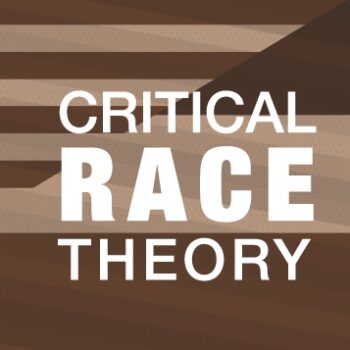Hegel views Heraclitus’ philosophy as “the completion of thought (Bewuesstsein) before him,” which “expresses the essence of the Idea, the Infinite” (W, 18, 323). Heraclitus’ thought, no less than Hegel’s, is infamously obscure. Though Cicero maintained that this was on purpose, and Aristotle attributed this obscurity in part to a lack of proper punctuation, Hegel argues Heraclitus’ thought is obscure because it expresses difficult “speculative thought.” He takes the dialectic thought that Parmenides and Zeno in the Eleatic school treat merely as “subjective” and develops it into an “objective dialectic.” In short, while Parmenides (and other Eliatics) view the dialectic as a movement within the subject, Heraclitus understands the Absolute as itself a dialectic process, not a substance. He understands Being as entailing Becoming: “Being is the One, the First; the Second is Becoming” (320). So impressed was Hegel with Heraclitus’ philosophy that he notes, “There is no proposition in Heraclitus that I have not taken up in my Logic” (320). Those who find Heraclitus difficult might take consolation in Socrates’ own apparent difficulties in understanding him. Socrates is said to have viewed what he could understand of Heraclitus as excellent and to have assumed the other parts of his thought were excellent as well, but also to have thought, that, in Hegel’s words, it “takes an valiant swimmer to get through it” (323). Hegel also notes the great enthusiasm with which Plato studied Heraclitus and maintains that Heraclitus should rightly be viewed as Plato’s teacher (323).
In Hegel’s Lectures on the History of Philosophy, after the general Introduction, some of which I have noted above, he treats Heraclitus’ views in two sections: “The Logical Principle”; and “The Process as General and Its Relationship to Consciousness.” In the first couple entries on Heraclitus we already see him speaking of “the principle,” which Hegel emphasizes, and of a process that will be related to consciousness. As this reflection continues, it will become clear that though human nature can have no sound judgment and only the divine nature can, humans are in fact connected to the divine. The wise are thought to have “divine spark” that allows them to apprehend (i.e., to become conscious of) that process and the principle after all.
More on Hegel’s views of Heraclitus will follow later.
